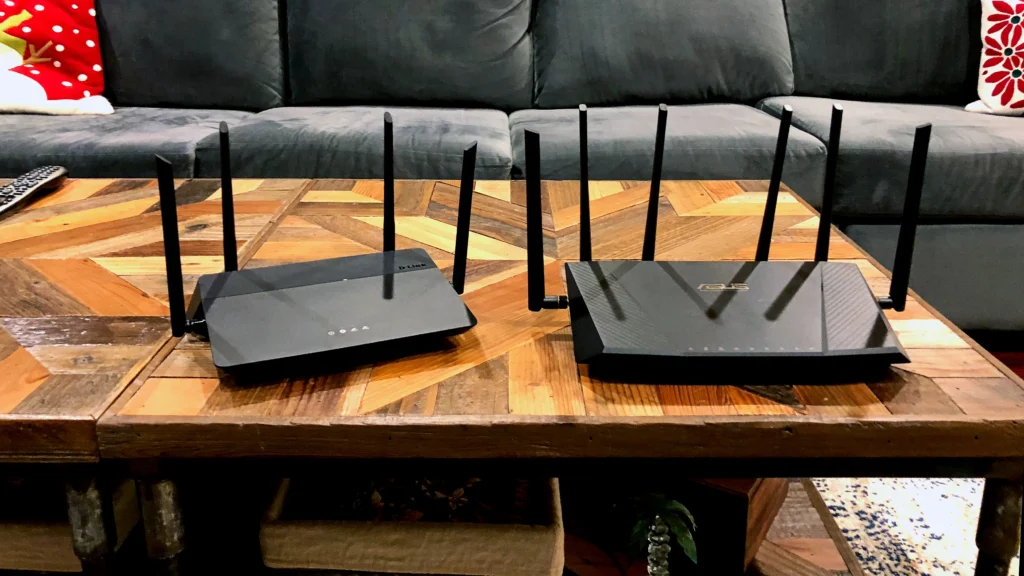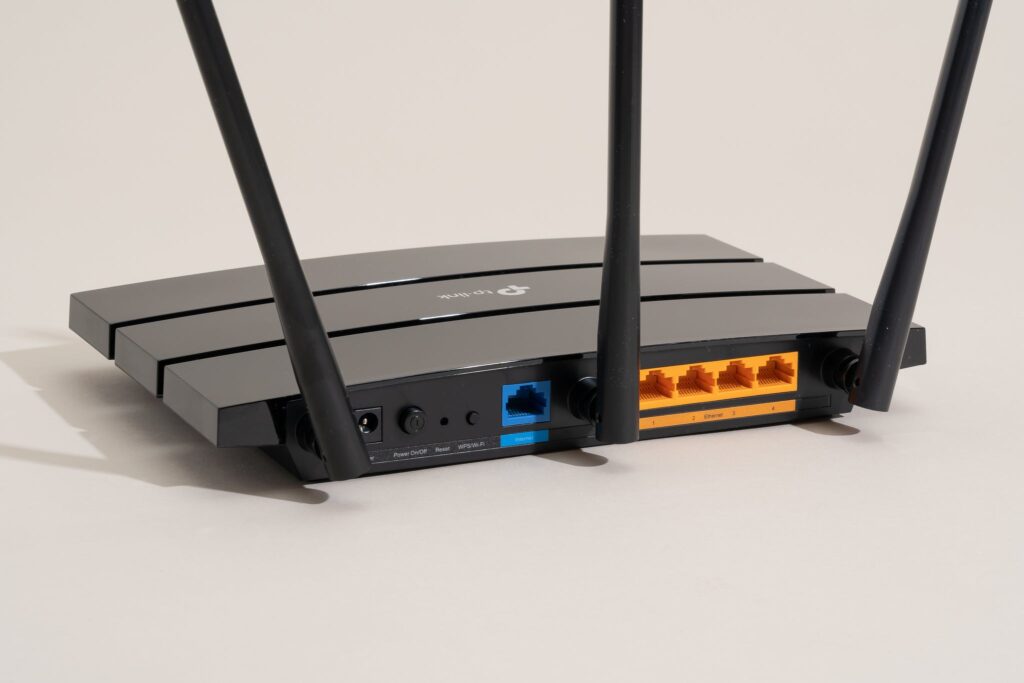Choosing the perfect Wi-Fi router can be as crucial as selecting the right route for a road trip – it determines the quality of your entire online journey. A well-chosen router can guarantee seamless, secure, and speedy internet.
But what makes one router better than another? Your budget, internet service provider, and the number of devices to connect are just a few key factors to consider.
However, there’s more to it if you want to ensure a flawless online experience. What’s the tipping point that sets great routers apart?
1. Determine Your Budget and Needs
To choose the right Wi-Fi router, you’ll need to determine your budget and evaluate your specific needs, considering factors such as the size of your coverage area, the number of devices you’ll be connecting, and the types of online activities you’ll be performing.
If you have a large home or many devices, you’ll need a more powerful router to guarantee reliable connections.
Consider the speed of your internet plan and the type of activities you’ll be doing online, such as streaming or gaming. These require more bandwidth and a router that can handle the demand.
2. Ensure Compatibility with Your Internet Service Provider (ISP)

Your new Wi-Fi router must be compatible with your Internet Service Provider (ISP) to function properly, so it’s vital to check the ISP’s requirements and supported router models before making a purchase.
You’ll want to verify that the router you choose supports your ISP’s network type, such as DSL, cable, or fiber-optic.
Check your ISP’s website or contact their customer support to obtain a list of approved routers. Some ISPs may also have specific requirements for router configuration or settings.
Confirming compatibility will save you from potential headaches and troubleshooting issues down the line.
Take the time to research and confirm compatibility to guarantee a smooth setup and peak performance from your new router.
3. Look for Sufficient Speed and Wi-Fi Standards Support
When selecting a Wi-Fi router, consider the types of devices that will be connecting to it and the expected network usage to determine the necessary speed and Wi-Fi standards support. You’ll want to make sure your router can handle the number of devices you’ll be connecting and the types of activities you’ll be performing, such as streaming, gaming, or online backups.
| Wi-Fi Standard | Speed |
|---|---|
| 802.11ac | 1.3 Gbps |
| 802.11ax (Wi-Fi 6) | 9.6 Gbps |
| 802.11n | 600 Mbps |
| 802.11b/g | 54 Mbps |
Check the router’s specifications for the latest Wi-Fi standard, such as Wi-Fi 6 (802.11ax), and make sure it can support the necessary speed for your network. This will guarantee you get the best performance from your router.
4. Evaluate Range and Coverage Features

Evaluating a router’s range and coverage attributes is essential because it determines how effectively the device can transmit a strong, reliable Wi-Fi signal throughout your space.
You’ll want to take into account the size of your home or office and the number of physical barriers, such as walls and floors, that the signal will need to penetrate.
Look for a router with a high number of external antennas, as these can help to improve the signal’s strength and directionality.
Moreover, think about a router with beamforming technology, which can focus the signal on specific devices to improve coverage.
Some routers also offer range extenders or mesh networking capabilities, which can help to eliminate dead spots and provide a stronger, more reliable connection.
5. Prioritize Security and Additional Features
Routers frequently come with a range of security functions that you should prioritize, including firewalls, WPA2 encryption, and guest network options, which can help protect your network from unauthorized access and malicious activity.
You’ll also want to look for a router with built-in VPN support, which can encrypt your internet traffic and shield your identity online.
Furthermore, consider characteristics like parental controls, which can help you restrict access to certain websites and set limits on screen time.
Some routers also offer quality of service (QoS) settings, which allow you to prioritize traffic for critical applications like video streaming or online gaming.